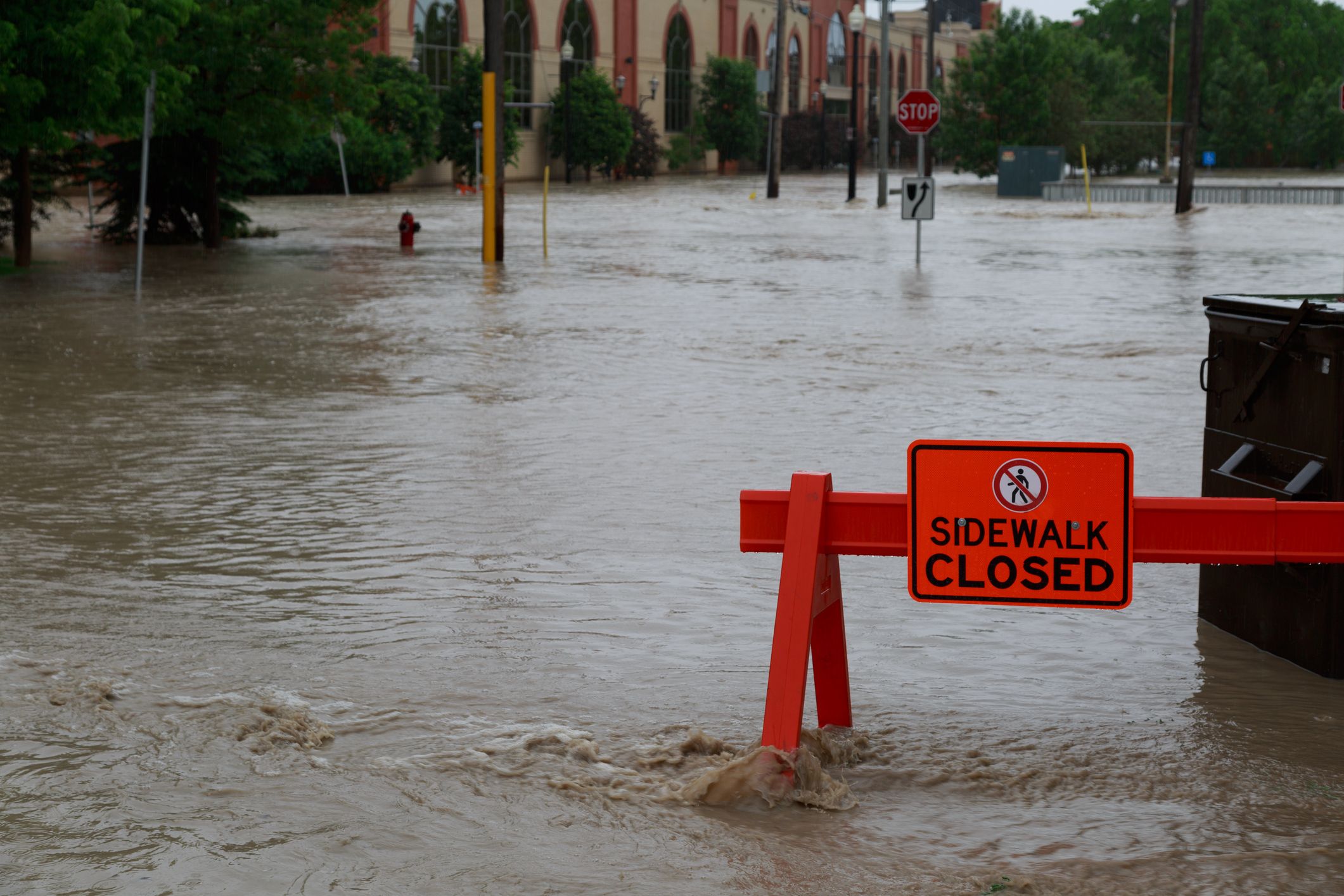The Ontario government’s Special Advisor on Flooding delivered his report on October 31, 2019.
In July 2019, Natural Resources Minister John Yakabuski named Doug McNeil as Special Advisor on Flooding. McNeil was given the responsibility of conducting an independent review of flood management and 2019 flooding events in Ontario.
“The safety of the public and the protection of our communities is our number one priority,” said John Yakabuski, Minister of Natural Resources and Forestry. “After last spring’s flooding, we recognized that we needed an external perspective on the current roles and responsibilities of the governments, agencies and organizations involved in flood management—someone who could provide independent advice on improvements we can make.”
In his review, McNeil confirmed that this year’s record-setting flooding in many parts of the province was caused by a combination of weather conditions: colder-than-average winter and spring, higher-than-average snowpack, lack of significant winter thaw, rapid snow melt, and significant rain events in the spring.
McNeil found that nothing pointed to human error or the negligent operation of water control structures as the cause of the flooding, and that the government and its partners were effective at reducing and mitigating flood risks.
“Mr. McNeil looked carefully at the core components of the province’s approach to emergency management relative to last spring’s flood season and found that steps taken by individuals, municipalities, dam owners, and other agencies were effective in reducing further potential damage to communities,” said Minister Yakabuski. “We are pleased by this conclusion, and we appreciate Mr. McNeil’s practical advice for the province and other parties to help us to become more flood resilient.”
Ontario has committed to taking the following actions to address recommendations from the Special Advisor’s report:
- Modernize regulations under the Conservation Authorities Act to have conservation authorities focus on their core mandate of protecting people and property from flooding and other natural hazards.
- Launch a comprehensive review of Ontario’s natural hazard technical guides and guidelines related to flood forecasting and warning.
- Ensure the continued investment of over $4.7 million in the hydrometric (stream gauge) network to enable flood forecasting and flood warnings that help municipalities better prepare for flood events.










I submitted a lengthy report to the commission regarding the lack of co-operation amongst the various authorities involved 00 Municipality of Chatham Kent, MPAC, Ministry of Natural Resources, CTPLIP in that land that is designated conservation — or no construction of any kind irrespective of zoning– is assessed by MPAC at full value, Chatham Kent levies property taxes, LTVCA does not have authority, and CTLIP claims they are governed by MPAC rules and so no one cares that a piece of vacant land, assessed at 2020 at $258,000 in fact is worth ZERO in the market. So, if you disagree, first they do not answer their phones, second, they tell you they are at least 6 months behind — since one has to apply every year even though the Regulation is for 100 years, and then they are bond by protocol that no one knows the origins of, and nobody can change. Moreover, if one reviews all the relevant legislation, including the provincial Expropriation Act, the Conservation Act, and other related Regulations and legislation, the language used is not consistent, and although climate change is very important, screwing law abiding citizens is not acceptable, and Mr. McNeil did not even acknowledge, much less deal with the issue. So, you should not be so pleased, Mr. Yakabuski, with the report which despite its numerous recommendations, fails to address a very practical aspect of the legislation and Regulations being unconstitutional and illegal.